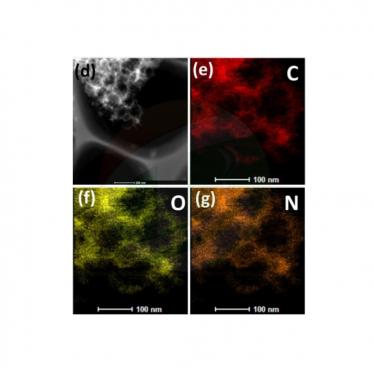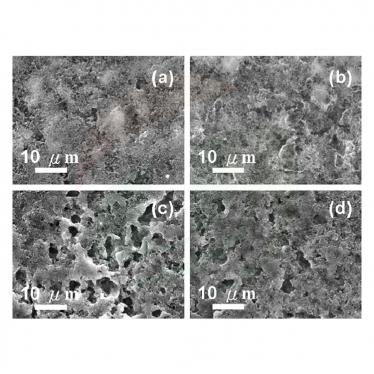With high theoretical specific capacity and theoretical energy density, lithium-sulfur batteries are considered to be one of the most promising next-generation secondary battery systems at present. At this stage, the research work on lithium-sulfur batteries is mainly focused on the design and synthesis of high-performance sulfur cathode materials. Nanocarbon materials with excellent electrical conductivity, good structural stability and porous structure, such as activated carbon, mesoporous carbon, ultra-small microporous carbon, multi-stage structured porous carbon, hollow carbon spheres and hollow carbon fibers, fully meet the requirements of carbon matrix for lithium-sulfur battery cathode materials and have become a hot research topic today.

